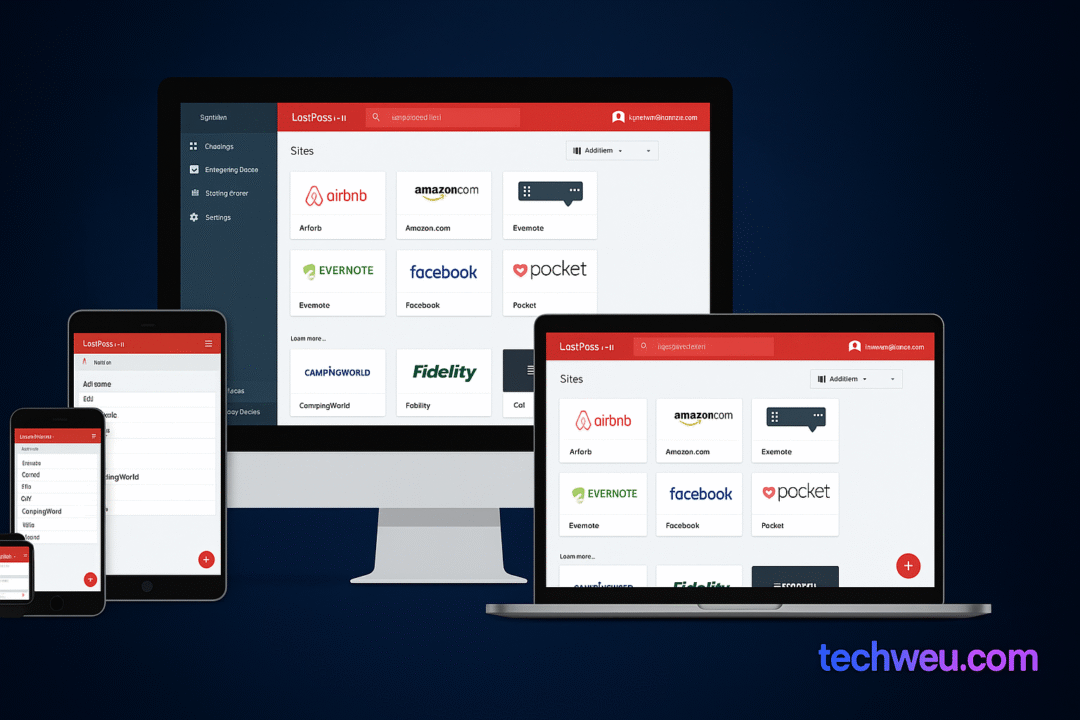Dan Goodin
The Guardian states it has proof that Saudi Arabia is exploiting a decades-old weak spot in the worldwide telecoms network to monitor the kingdom’s citizens as they journey in the United States.
The publication cited details offered by a whistleblower that suggests Sudia Arabia is engaged in systematic spying by abusing Signalling Process No. 7. Far better recognized as SS7, it’s a routing protocol that permits cell cellular phone consumers to join seamlessly from provider to provider as they travel through the earth. With small developed-in security for carriers to verify just one another, SS7 has normally posed a opportunity hole that people today with accessibility could exploit to observe the serious-time place of individual people. SS7 abuse also helps make it feasible for spies to snoop on calls and text messages. More a short while ago, the danger has developed, in part mainly because the range of firms with entry to SS7 has developed from a handful to thousands.
The data delivered to The Guardian “suggests that millions of secret monitoring requests emanated from Saudi Arabia above a four-thirty day period period starting in November 2019,” an short article published on Sunday reported. The requests, which appeared to originate from the kingdom’s a few largest cell mobile phone carriers, sought the US spot of Saudi-registered telephones.
The unnamed whistleblower reported they realized of no reputable explanation for requests of that quantity. “There is no clarification, no other complex purpose to do this,” The Guardian quoted the source as indicating. “Saudi Arabia is weaponizing cell systems.”
The whistleblower’s knowledge appears to exhibit Saudi Arabia sending an unnamed major US cellular operator requests for PSI—short for Deliver Subscriber Information and facts. Sunday’s report explained there were an ordinary of 2.3 million this sort of requests for every thirty day period for the four months starting up in November. The info, The Guardian explained, suggests that Saudi Arabian phones have been tracked as many as 13 times per hour as their owners carried them about the United States. The Saudi operators also despatched different PSLs. US carriers blocked the requests, indicating that the requests were being suspicious.
Program-breaking likely
Les Goldsmith, a researcher with Las Vegas safety firm ESD, instructed me the volume claimed by The Guardian had the possible to break systems applied by the cellular operator being queried.
“Performing so quite a few send subscriber information requests on a carrier could, in truth, end result in the carriers’ Going to Site Sign up (VLR) or even Home Location Register (HLR) to possibly crash,” he claimed. “So in essence, too much monitoring by Saudi Arabia could have probably knocked authentic customers off a US mobile supplier as the HLR and VLR reset.”
The Guardian, meanwhile, cited just one cell safety expert who reviewed the facts and said the requests had the means to observe the proprietors on a map to in just hundreds of meters in a metropolis. Many other professionals stated the requests indicated systematic spying on the portion of Saudi Arabia.
In a statement, AT&T reps wrote: “We have stability controls to block site-tracking messages from roaming partners.” Reps of T-Cellular and Verizon did not reply to a ask for to remark for this write-up. It will be updated later on if the corporations respond.
SS7 mostly will work on an honor system, whilst some carriers are in the approach of rolling out steps designed to greater lock it down. Provided the present way mobile networks function, there is small cell telephone owners can do to stop tracking as a result of the abuse of SS7. People can flip off phones to briefly stop tracking, but even, then adversaries can study the area just just before the machine was turned off and attain the location when it is later turned on.




